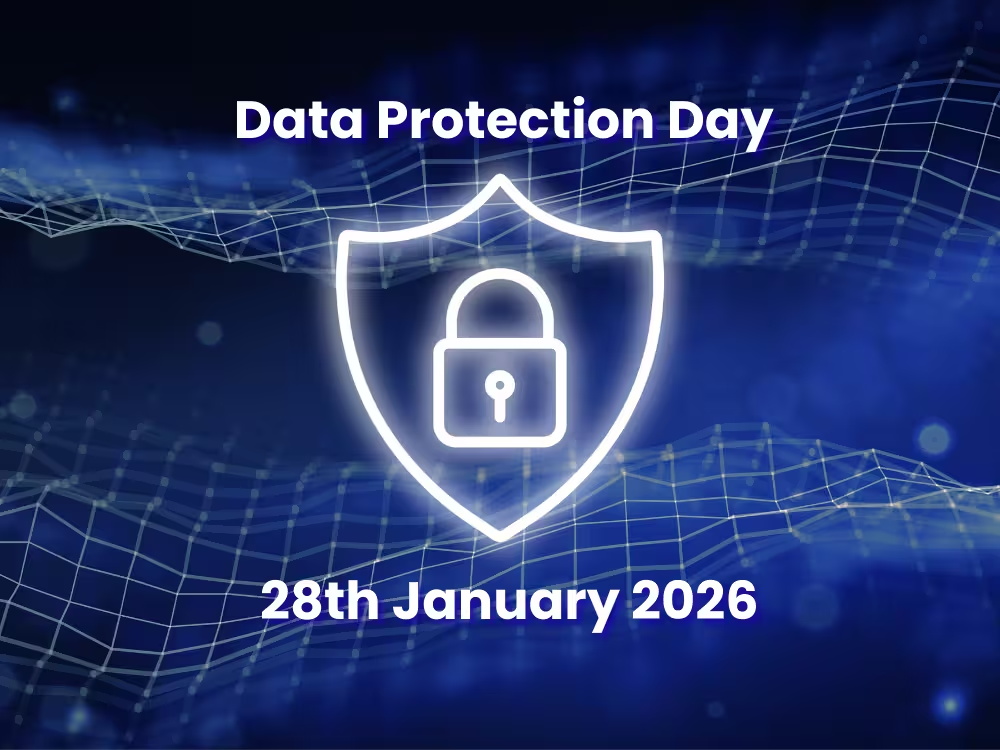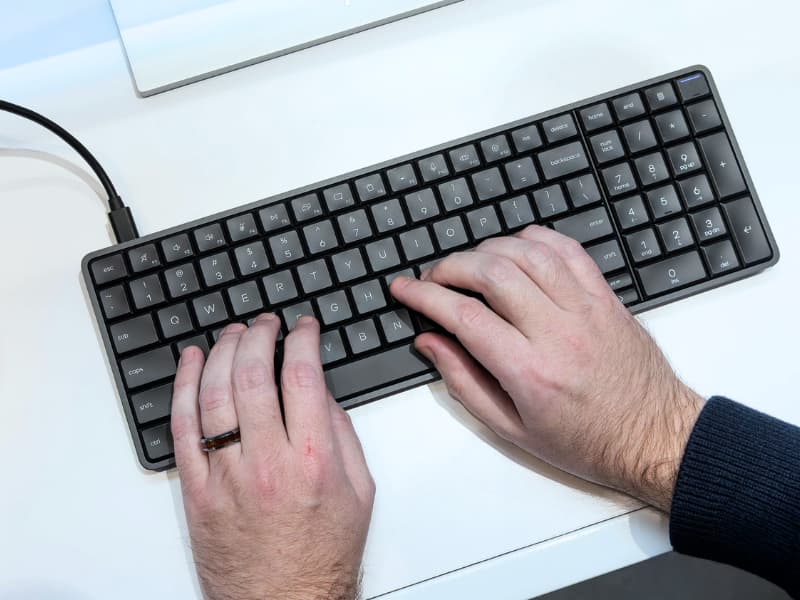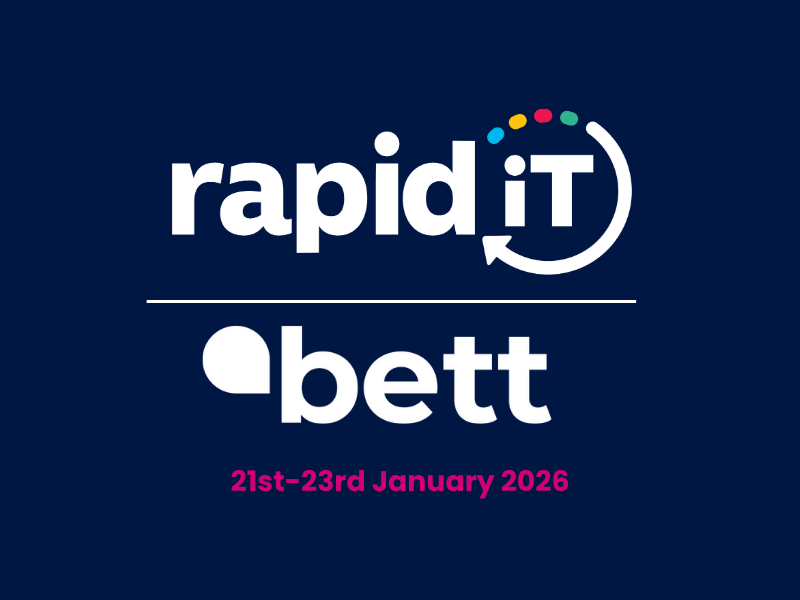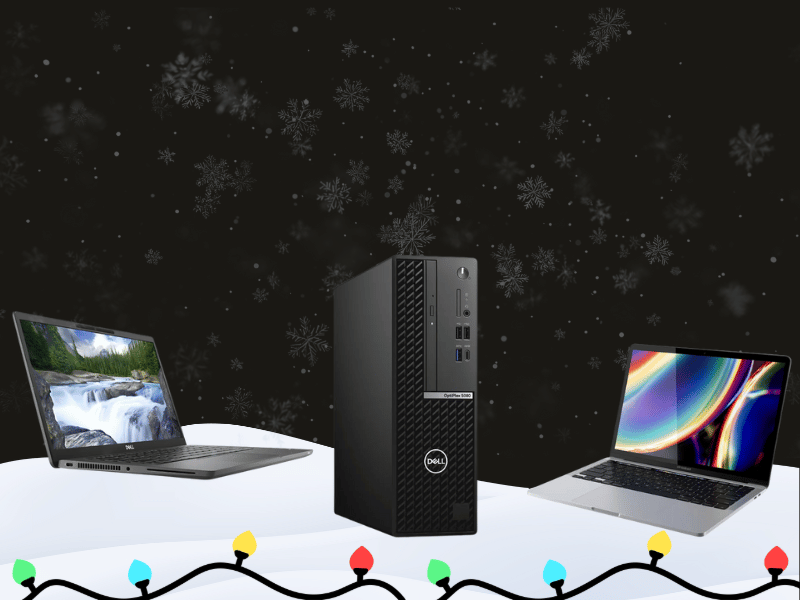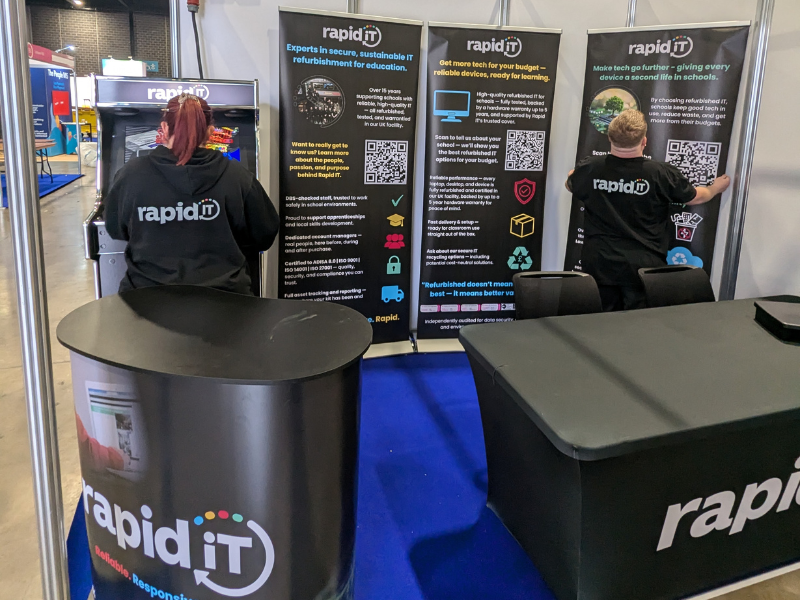How Windows 11 Has Put 400 Million Devices in Landfill
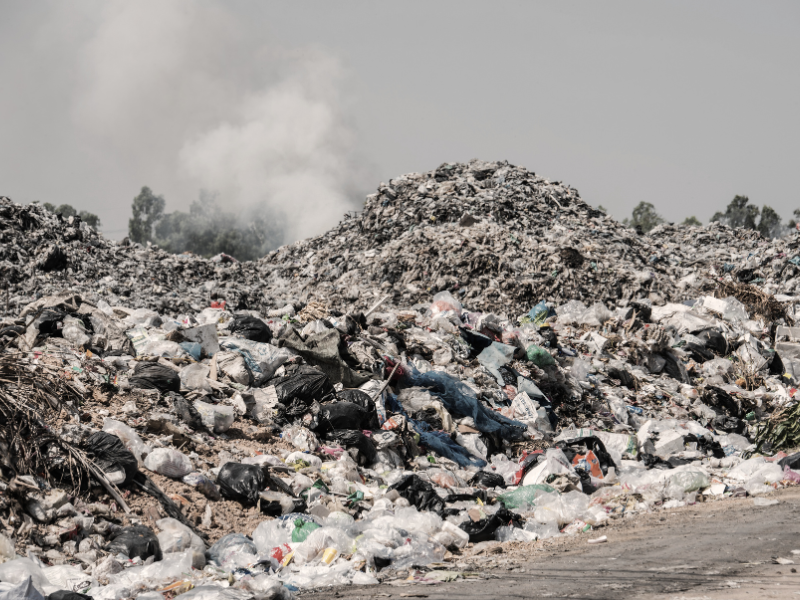
On Tuesday, 14th October 2025, Microsoft will officially end security updates for existing users of Windows 10. This decision will affect more than 400 million devices worldwide, and if not handled responsibly, it could lead to one of the largest single surges of e-waste in recent history.
How We Got Here
When Microsoft launched Windows 10 back in 2015, it was marketed as “the last version of Windows.” The idea was that Windows would evolve through regular feature updates rather than major new releases, a promise that resonated with IT managers who wanted predictability, compliance stability, and less disruption from having to constantly upgrade tech.
But in 2021, Windows 11 arrived, and with it came new hardware requirements that left millions of otherwise functional PCs behind.
The Compatibility Cut-Off
Windows 11 requires modern processors, specifically Intel 8th Gen which was launched in 2017, or newer. While this is mainly so it can handle new AI-enabled features such as Copilot, this also means that many computers and laptops made before 2017 that are still performing perfectly well in business and education environments are now considered obsolete.
Across small businesses, schools, and enterprises, PCs that handle vital tasks will suddenly no longer supported. Without ongoing security updates, they’ll be deemed non-compliant for many corporate networks and cybersecurity frameworks, creating a plethora of problems for IT managers.
The Hidden Cost of Forced Obsolescence
The challenge here isn’t technical, it’s environmental. Discarding millions of machines that still work represents a major sustainability issue. The average carbon footprint of a new laptop is about 331 kg CO₂e.
To put that in perspective: three new laptops produce nearly a tonne of CO₂, which is the equivalent of running a bus for a full day or two.
When hardware is prematurely retired, businesses not only face unnecessary capital expenditure, but also risk breaching ESG and sustainability targets.
A Smarter Way Forward
At Rapid IT, we see this as a pivotal moment for organisations to rethink their IT lifecycle strategy. Instead of sending working equipment to landfill, there are better options:
Refurbishment and Reuse - many devices can be securely wiped, reimaged, and redeployed for non-critical use, education projects, or community reuse.
Value Recovery - old equipment still has value. By reselling it safely through a trusted partner, businesses can earn money back and help reduce waste.
Sustainable Disposal - where reuse isn’t viable, we ensure zero to landfill recycling and certified data destruction that meets ADISA, ISO, and GDPR compliance standards.
Reporting and ESG Support - we provide measurable sustainability reports showing how your decision can contribute to carbon reduction and social impact targets.
Why Planned Obsolesence Matters
This whole Windows 10 situation isn’t just a software update problem, it’s a reflection of our current world. It shows us how fragile our tech habits are.
- We upgrade because we’re told to.
- We bin things because the software won’t play nice.
- We treat working devices like single-use plastic.
But it doesn’t have to be that way.
Circular economy isn’t just a buzzword. It’s common sense. If your laptop still works, it should have a second life. If your hardware has value, it should be recovered and never wasted.
Turning an Obsolescence Problem into a Circular Opportunity
Rapid IT helps make that transition seamless, from certified data destruction to IT asset disposal, to responsible recycling.
If your business is reviewing its current tech ahead of October 14th, now is the time to act. We’ll help you protect your data, stay compliant, and reduce environmental impact, all without the complexity.
Similar Insights
Practical knowledge, industry trends, and security insights—helping you make smarter IT decisions.
.svg)




